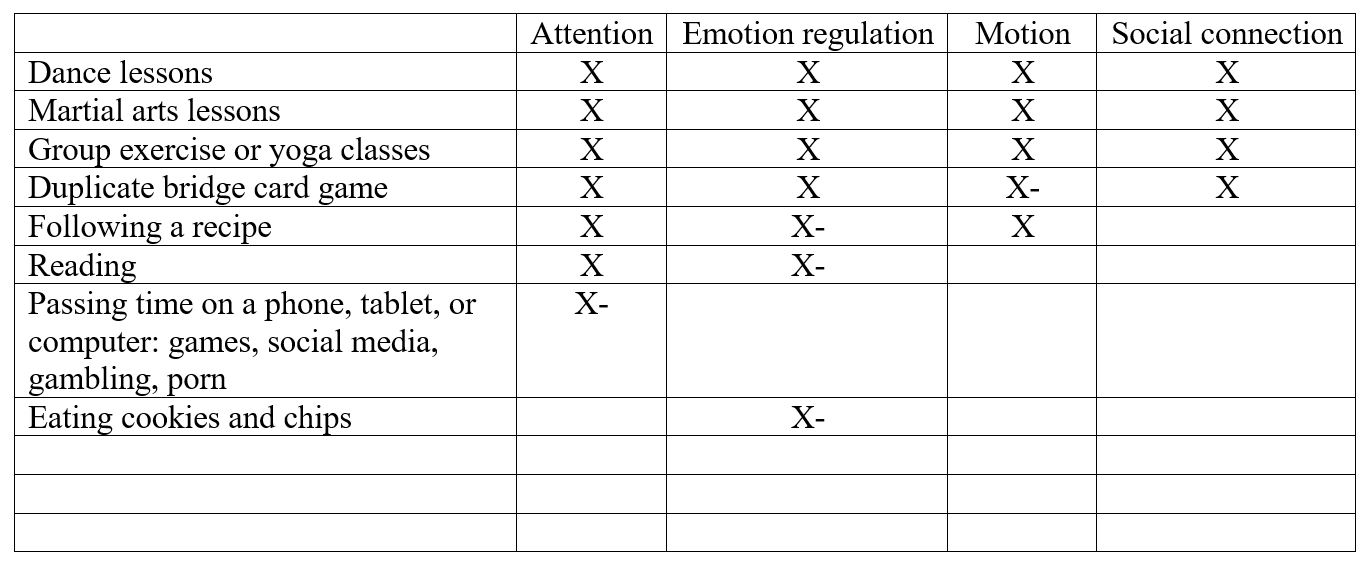The defining symptom of substance use disorder is persistent use despite negative consequences. A person is in remission when substance use no longer results in negative consequences for self, others, or society. For some substances, no safe level of use exists without negative consequences. Some people need to abstain entirely to prevent negative consequences.
In individual terms, remission can be stated this way: “What _________ did for me, I can now do for myself. I may want _________ but I no longer need it. In the few instances when I can’t do what I need for myself, I can get it done without involving _________ and without creating negative consequences for myself, others, or society.”

According to Facing Addiction in America: The Surgeon General’s Report on Alcohol, Drugs and Health released in November 2016, an evidence-based treatment plan to achieve remission from substance use disorders includes, in priority order: medical care, individual counseling with cognitive behavior therapy (CBT), and support. Additionally, research reports that self-care practices – adequate sleep, nutrition, and physical motion foremost – are fundamental to achieving remission. Inadequate self-care, external stressors, and inadequately managed internal distress are correlated with unintentional returns to use.
Individual counseling assists those seeking remission from substance use disorders to acquire skills in attention management*; emotion regulation; thought-sorting; challenging situation identification, evaluation, and response; pattern identification and replacement with conscious choices; anticipation-reward experiences; and social connection. Skills-focused group counseling – not general group counseling – can also be of assistance.
In my work with others, we term these skills “awareness skills.” Here’s an awareness skills self-assessment you can take to learn more about them. The “Self-Care Checklist for People with Substance Use Concerns, pages 28-29 in Help That Helps: A Kind, Research-Informed, Field-Tested Guide for People with Substance Use Concerns may also be informative.
Individuals can work on each skill separately. They can also seek out activities that work multiple skills at the same time to increase the potential for achieving remission efficiently. In the chart is a selection of activities with correlated skills. “X-” indicates the activity may be only somewhat helpful. Blank spaces are left to fill in with individual choices.
Important: None of the activities is an evidence-based treatment for substance use disorder. Further, proficiency with one skill may be necessary but not sufficient to achieve and maintain remission. The goal is to intentionally find activities that provide practice in the skills reported by research to help people achieve and maintain remission.
*”Attention management” is defined as having the intention to gain the strength and power to choose to what one gives one’s attention. In contrast, “distraction” with whatever is available keeps one’s attention a flabby victim of circumstance.
Of possible further interest
- Insider’s Guide to Early Abstinence
- Outplaying the Game of Abstinence Solitaire
- Help That Helps – Guide and supplements
The views expressed are mine alone and do not necessarily reflect the positions of my colleagues, clients, family members, or friends. This content is for informational purposes only and is not a substitute for medical or professional advice. Consult a qualified health care professional for personalized medical and professional advice.

